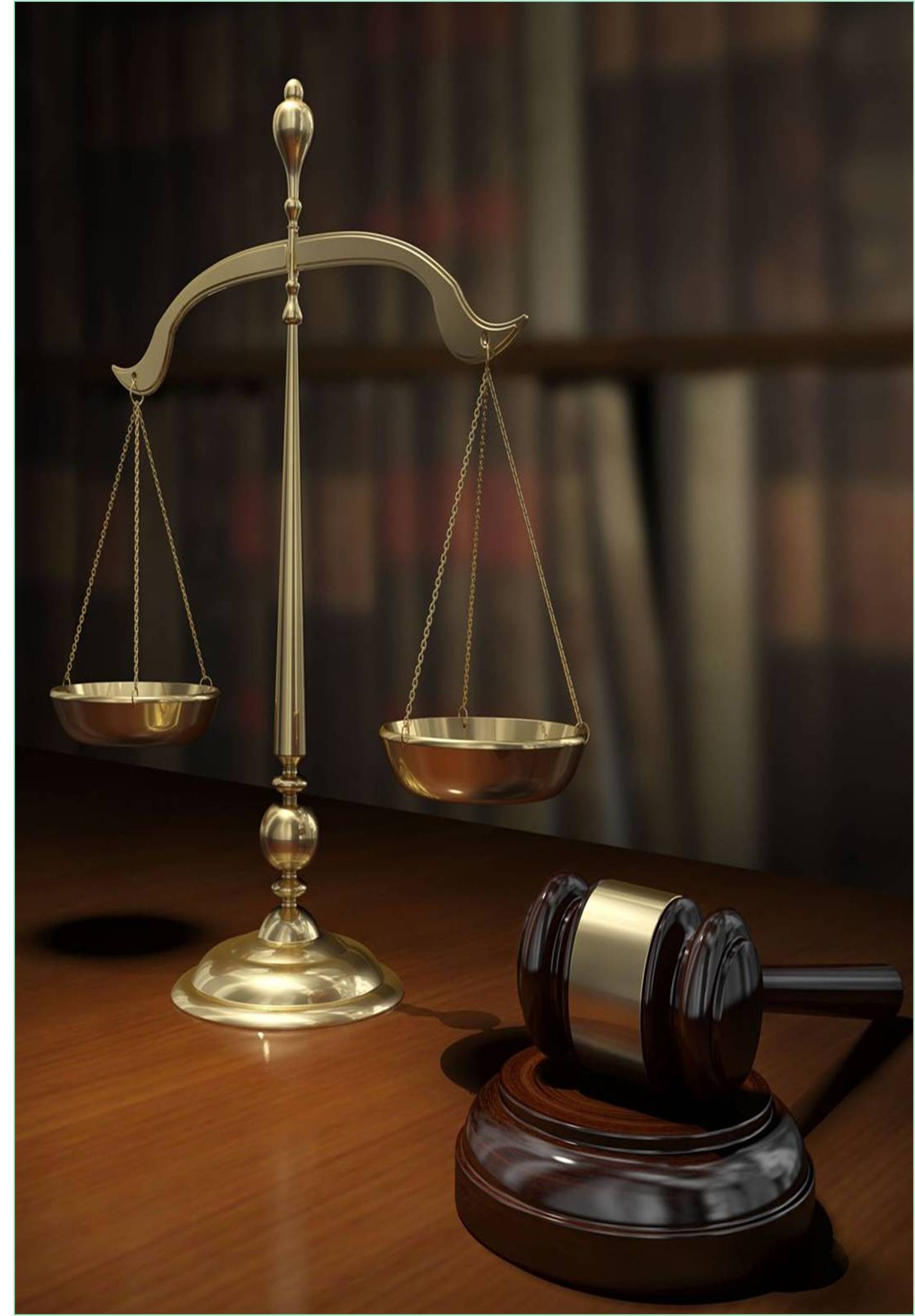



Received: 01-Nov-2022, Manuscript No. IJLCR-22-83230; Editor assigned: 04-Nov-2022, Pre QC No. IJLCR-22-83230 (PQ); Reviewed: 18-Nov-2022, QC No. IJLCR-22-83230; Revised: 25-Nov-2022, Manuscript No. IJLCR-22-83230 (R); Published: 02-Dec-2022, DOI: 10.15651/2408-5512.22.10.055
Cognitive biases are systematic patterns of deviation from rationality caused by the way our cognitive systems work. Cognitive biases, therefore, cause irrationality in the way we seek, evaluate, interpret, judge, use, and remember information, and in the way we make decisions. Cognitive biases are systematic thinking errors that occur when people process and interpret information in the world around them, affecting decision-making and judgment. The human brain is powerful, but it has its limits. Cognitive biases are often the result of the brain trying to simplify information processing. Prejudices often act as rules of thumb that help us make sense of the world and make decisions relatively quickly. Basically, cognitive biases help people find mental shortcuts to help them navigate their daily lives, but they can often lead to irrational interpretations and judgments. Distortion is often due to problems related to memory, attention, and other mental errors. Often unconscious decision-making processes can easily influence people without even realizing it. Filtering processes and coping mechanisms used to quickly process large amounts of information are called heuristics. Cognitive bias as a concept was first introduced in 1972 by Amos Tversky and Daniel Kahneman. While we may not be able to completely eliminate our brain's tendency to take shortcuts, understanding that biases exist can help us make decisions. Cognitive biases (also called psychological biases) are the tendency to make decisions or act in an unconscious and irrational way. For example, we may unknowingly use data selectively or feel pressured to make decisions by powerful peers.
In this article, we'll explore some common types of cognitive biases with examples and show we how to avoid them so we can make better, more objective decisions. When making judgments or decisions, people often rely on simplified information processing strategies called heuristics, which may result in systematic, predictable errors called cognitive biases (hereafter CB). For instance, people tend to overestimate the accuracy of their judgments (overconfidence bias), to perceive events as being more predictable once they have occurred (hindsight bias), or to seek and interpret evidence in ways that are partial to existing beliefs and expectations (confirmation bias). In fact, the seminal work of Kahneman and Tversky on judgment and decisionmaking in the 1970s opened up a vast research program on how decision-making deviates from normative standards. Conservatism bias is where people emphasize original, pre-existing information over new data. This can make decision-makers slow to react to new, critical information and place too much weight on base rates. When it comes to business decisions, new information should be looked at carefully to determine its value. Base rate neglect is the opposite of conservatism bias, whereby people put too little emphasis on the original information. This can be detrimental, as in most cases previous information has been verified, tested and proven. It also brings familiarity and understanding of the various processes that enable efficiency. This is not to say that new or improved methods should be neglected over traditional methods that work but can become obsolete. These are importance of cognitive biases.
[Google Scholar] [PubMed] [Crossref]